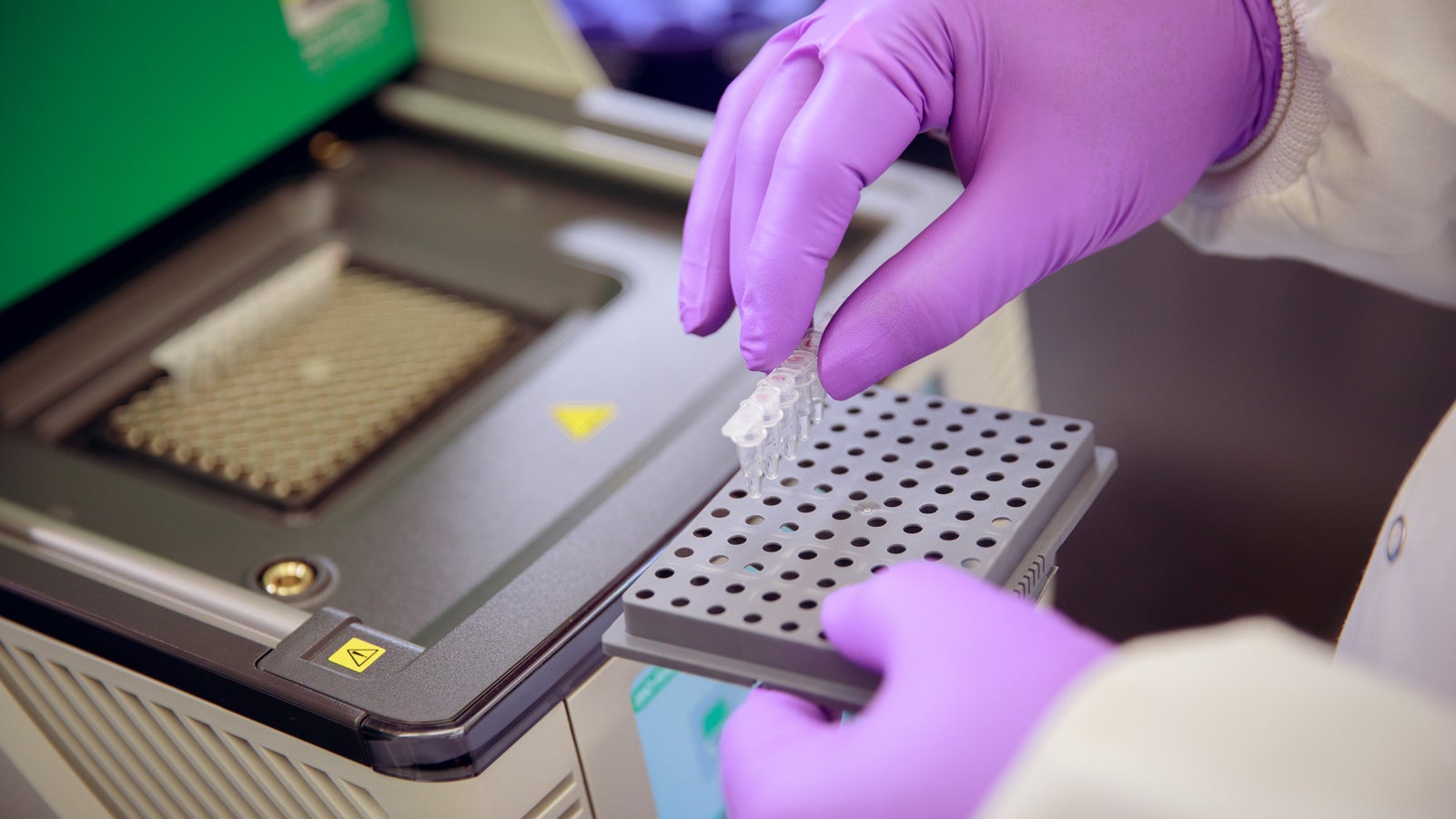The Biological Safety Program oversees all University of Alabama research involving biohazardous materials, recombinant DNA/RNA, and synthetic nucleic acids.
The Biological Safety Program works closely with the Institutional Biosafety Committee, the Institutional Review Board, and the IACUC to ensure that UA researchers using these biological materials have the necessary approval and employ appropriate safety measures. The Biosafety Officer has an extensive research background and is a voting member of the IBC. Our group also works closely with EHS to provide guidance on all matters related to biosafety, biosecurity, and compliance.
The Biological Safety Program and the Office for Research Ethics & Compliance are here to assist you with the necessary safeguards to safely conduct your experiments and comply with federal regulations and guidelines. Our goal is to mitigate the inherent risks associated with the laboratory setting. Our group is here to work on your behalf if the unexpected occurs.
The University of Alabama reviews the use of Risk Group 1 & 2 biohazardous agents. Please contact the Biosafety Officer before proposing any research involving Risk Group 3 organisms or biohazards. The University reserves the right to impose additional terms and conditions on investigators who conduct research on or engage in teaching activities that involve microorganisms harmful to humans, animals, or the environment
InfoImportant Update
The NIH Office of Science Policy has issued an amended version of the NIH Guidelines (2024). Revisions include Gene Drive Modified Organisms (GDMO) and associated risk assessments. Changes go into effect September 30, 2024.
2024 Annual Inventory/Self Audit Campaign: The downloadable Lab Biosafety Self-Audit (fillable pdf) and Biological Material Inventory forms (fillable Word doc), can be edited using Word and Adobe. Please submit both completed documents by email to biosafety@ua.edu no later than November 29, 2024.
Contact
General Inquiries
ibc@ua.edu
IBC Administrator
Erika Chapin
emchapin@ua.edu
(205) 348-2350
Biological Safety Officer
Cindy Rodenburg
cmrodenburg@ua.edu
(205) 348-5941



